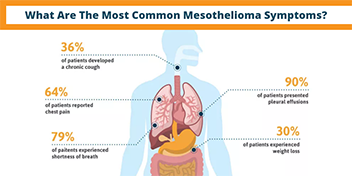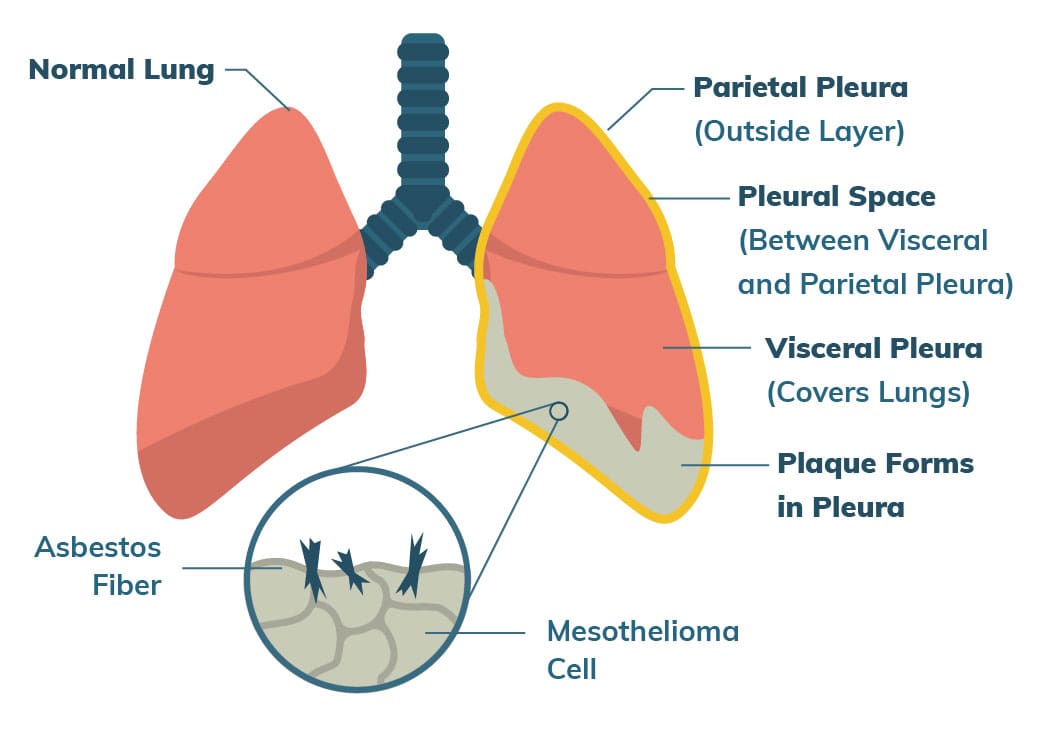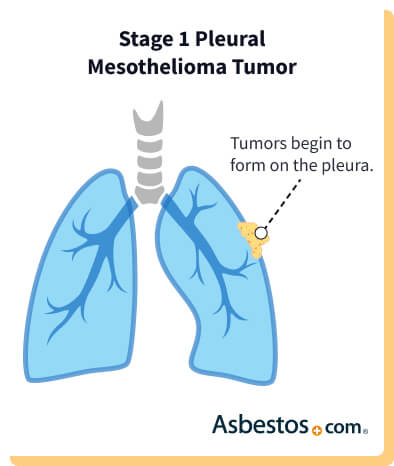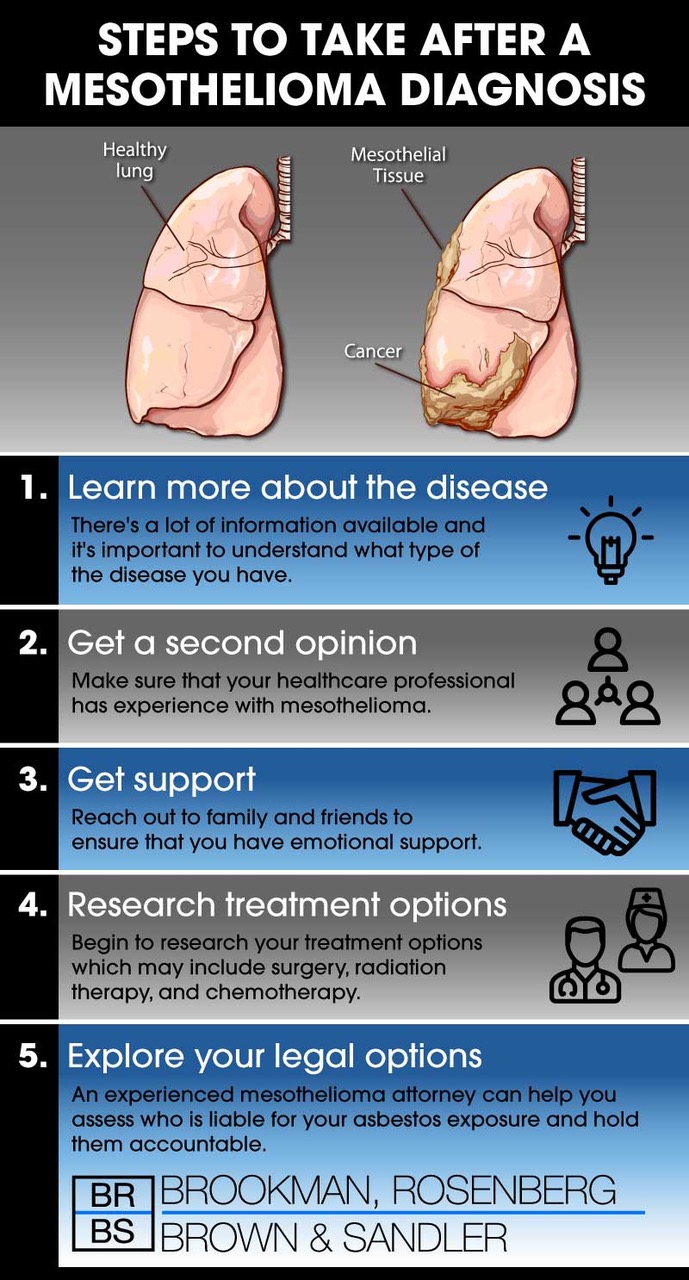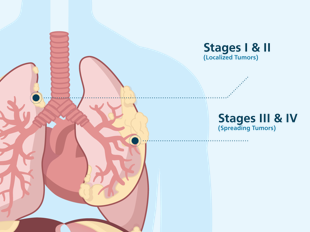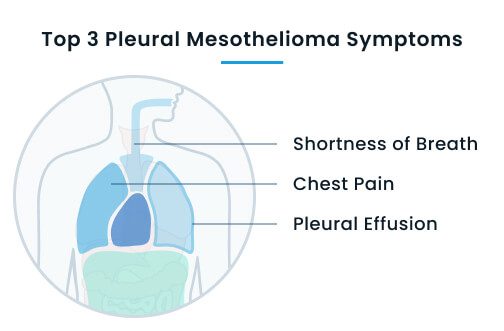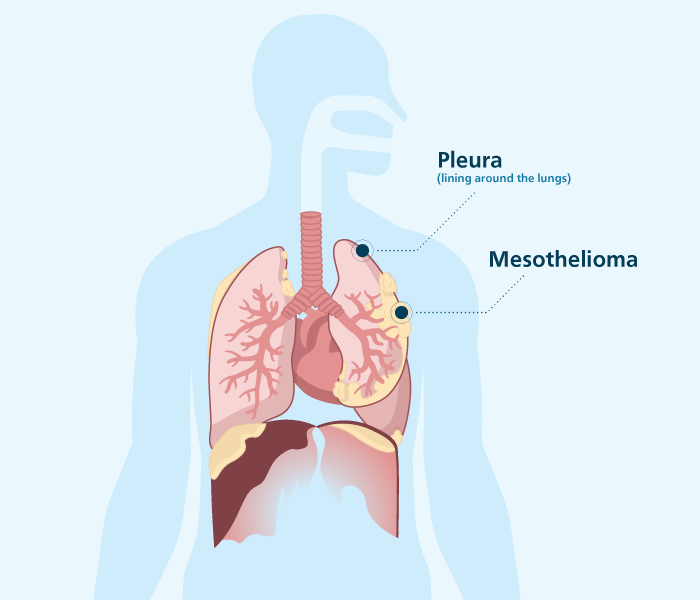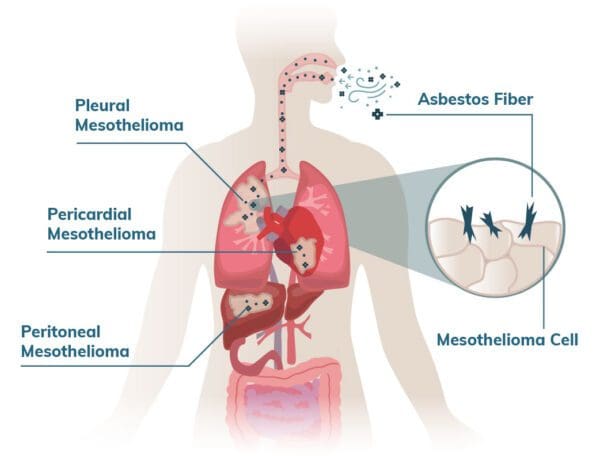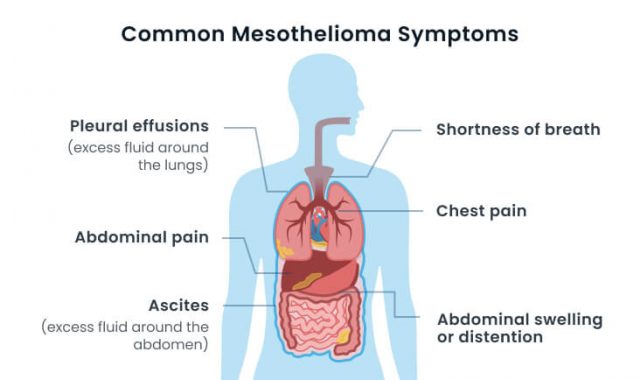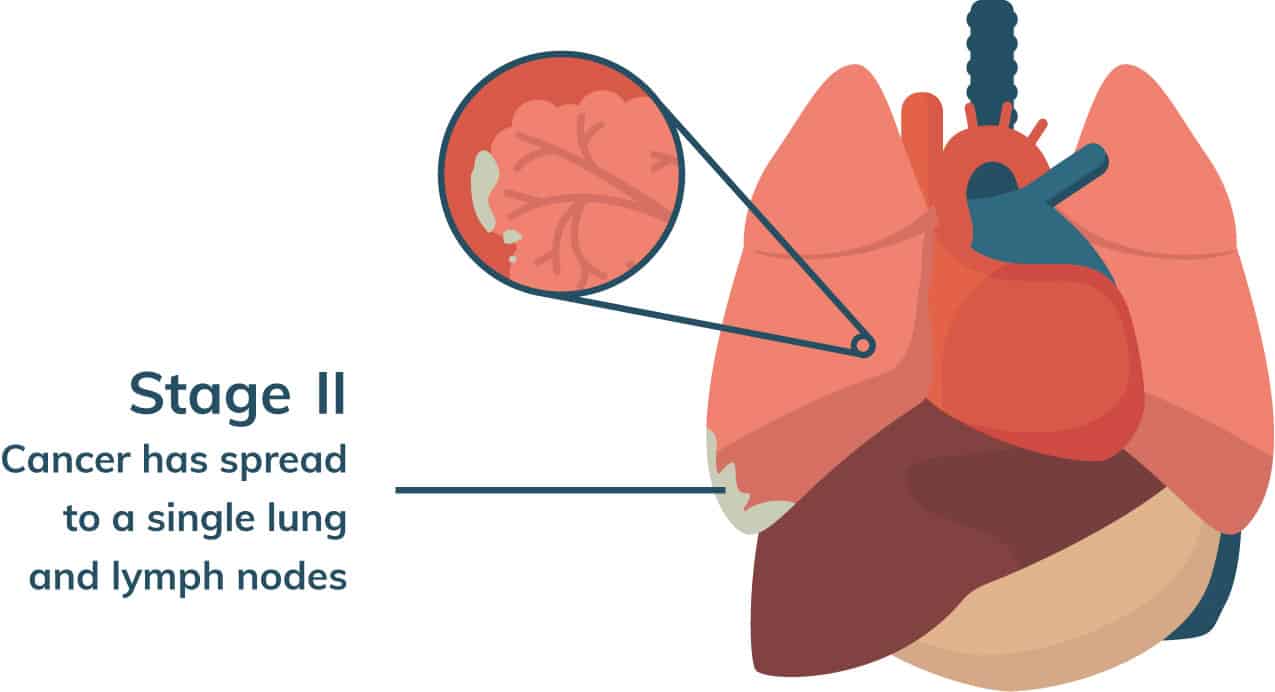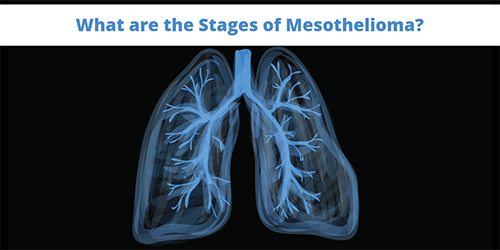Symptoms Of Mesothelioma Progression
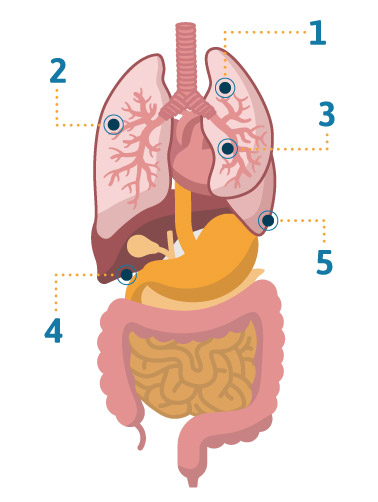
There are about 2 500 to 3 000 cases of it every year in the united states.
Symptoms of mesothelioma progression. Hemoptysis or the coughing up of blood dysphagia or difficulty swallowing increased fatigue pleural effusions fever night sweats. Mesothelioma is a rare aggressive form of cancer that develops in the linings of the lungs abdomen or heart. It occurs in more than half of patients who have metastatic mesothelioma. Many individuals tend to ignore these subtle symptoms and consider them everyday ailments.
Exposure to asbestos is the only known cause of malignant mesothelioma. In the later stages of disease symptoms are more recognizable and may worsen. Treatments for liver involvement by mesothelioma most often include chemotherapy. The average life expectancy of mesothelioma patients is 12 21 months after diagnosis.
Common symptoms of late stage mesothelioma include. Stage 3 pleural symptoms include difficulty breathing dry cough wheezing and chest pain. Symptoms of mesothelioma in the early stages of mesothelioma symptoms are non specific and may mimic lung conditions of a less serious nature such as bronchitis or pneumonia. Pleural mesothelioma which affects the tissue that surrounds the lungs causes signs and symptoms that may include.
Shortness of breath dyspnea pain and tightness in the chest night sweats and fever difficulty swallowing dysphagia coughing up blood hemoptysis fluid buildup in the chest or abdomen abdominal pain fatigue severe weight loss or anorexia lack. Both mesothelioma types may experience weight loss fever and night sweats. Signs and symptoms of mesothelioma vary depending on where the cancer occurs. Symptoms can include chest pain shortness of breath and general fatigue.
Symptoms like loss of appetite swelling and abdominal pain may often be confused for diseases associated with certain organs or systemic issues instead of mesothelioma. Patients with stage 3 or 4 mesothelioma also tend to have shorter life expectancies than those diagnosed at an earlier stage. This is the most common form of the disease. If you have advanced stage mesothelioma you may feel or experience.
Certain symptoms show that the cancer is now metastatic and they often affect locations outside of where the mesothelioma originated.

